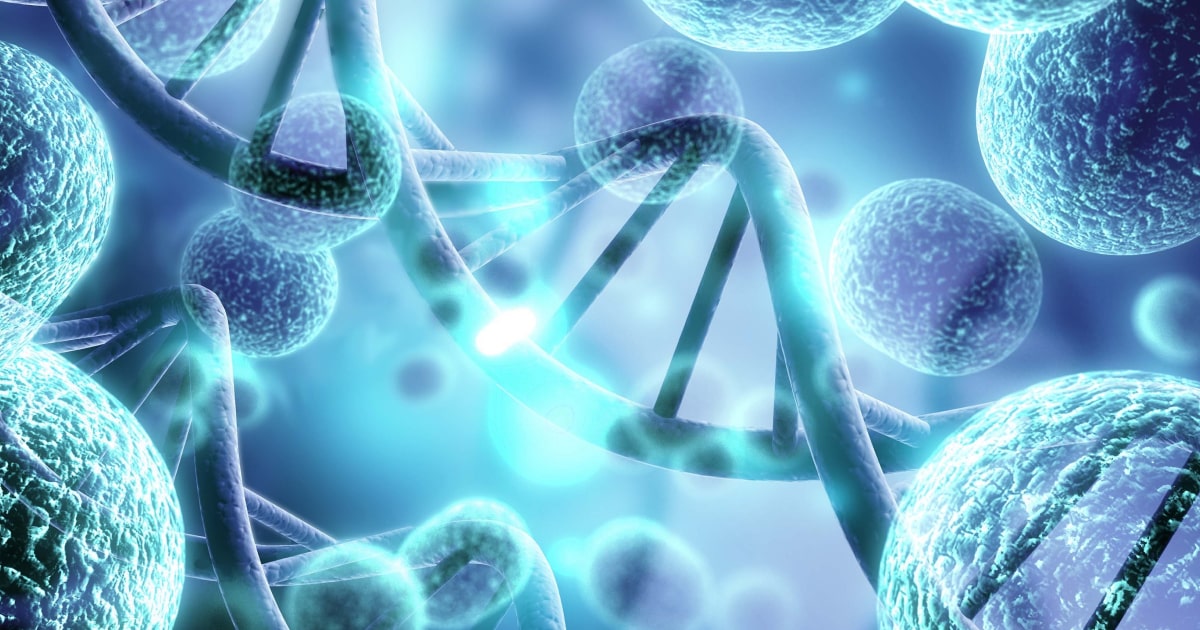
Expert Reviewed By: Dr. Brandon Colby MD
Juvenile hemochromatosis is a rare and severe form of hereditary hemochromatosis, a group of genetic disorders characterized by excessive iron accumulation in the body. This condition can lead to serious complications, including liver disease, heart problems, and hormonal imbalances. Early diagnosis and treatment are crucial to prevent irreversible damage and improve the quality of life for affected individuals. In this article, we will discuss the importance of understanding, diagnosing, and using genetic testing for juvenile hemochromatosis.
Recognizing the Symptoms and Complications of Juvenile Hemochromatosis
Juvenile hemochromatosis typically presents in adolescence or early adulthood, with symptoms such as fatigue, joint pain, and abdominal pain. As iron accumulates in the body, it can cause damage to various organs, leading to complications such as:
- Hepatic iron overload
- Cardiomyopathy
- Insulin-dependent diabetes mellitus
- Hypogonadotropic hypogonadism
- Secondary hypothyroidism
Due to the rarity of the condition and the nonspecific nature of the symptoms, juvenile hemochromatosis can often be overlooked or misdiagnosed. However, early diagnosis and intervention are critical to prevent irreversible organ damage and improve the patient's prognosis.
Genetic Testing: A Key Tool for Diagnosis and Treatment
Genetic testing plays a significant role in diagnosing juvenile hemochromatosis, as it can identify mutations in the HJV gene, which is responsible for the condition. Several case studies have demonstrated the value of genetic testing in diagnosing juvenile hemochromatosis and guiding treatment:
Juvenile Hemochromatosis due to a Homozygous Variant in the HJV Gene
This case study highlights the importance of considering juvenile hemochromatosis in children with hepatic iron overload and a family history of hemochromatosis. Genetic testing revealed a homozygous variant in the HJV gene, confirming the diagnosis and allowing for early intervention and treatment.
Novel Mutation in the Hemojuvelin Gene (HJV) in a Patient with Juvenile Hemochromatosis
In this case, a 26-year-old female patient presented with hypogonadotropic hypogonadism, cardiomyopathy, insulin-dependent diabetes mellitus, and secondary hypothyroidism. Genetic testing identified a novel mutation in the HJV gene, leading to a diagnosis of juvenile hemochromatosis and appropriate treatment.
Identification of Heterozygous p.Y150C and p.V274M Mutations in the HJV Gene in a Japanese Patient with a Mild Phenotype of Juvenile Hemochromatosis
This case report demonstrates the importance of genetic testing in diagnosing mild cases of juvenile hemochromatosis. The patient had heterozygous p.Y150C and p.V274M mutations in the HJV gene, which were identified through genetic testing and allowed for appropriate management of the condition.
Diagnosis of Juvenile Hemochromatosis in an 11-Year-Old Child Combining Genetic Analysis and Non-Invasive Liver Iron Quantitation
This study emphasizes the value of combining genetic analysis with non-invasive liver iron quantitation in diagnosing juvenile hemochromatosis in young children. Early diagnosis and treatment can help prevent severe complications and improve the patient's quality of life.
Conclusion
Early diagnosis and treatment of juvenile hemochromatosis are essential to prevent irreversible organ damage and improve the patient's prognosis. Genetic testing plays a critical role in diagnosing this condition by identifying mutations in the HJV gene. By raising awareness of juvenile hemochromatosis and the importance of genetic testing, we can help ensure that affected individuals receive timely diagnosis and appropriate treatment, ultimately improving their quality of life.
About The Expert Reviewer
Dr. Brandon Colby MD is a US physician specializing in the personalized prevention of disease through the use of genomic technologies. He’s an expert in genetic testing, genetic analysis, and precision medicine. Dr. Colby is also the Founder of and the author of Outsmart Your Genes.
Dr. Colby holds an MD from the Mount Sinai School of Medicine, an MBA from Stanford University’s Graduate School of Business, and a degree in Genetics with Honors from the University of Michigan. He is an Affiliate Specialist of the American College of Medical Genetics and Genomics (ACMG), an Associate of the American College of Preventive Medicine (ACPM), and a member of the National Society of Genetic Counselors (NSGC)